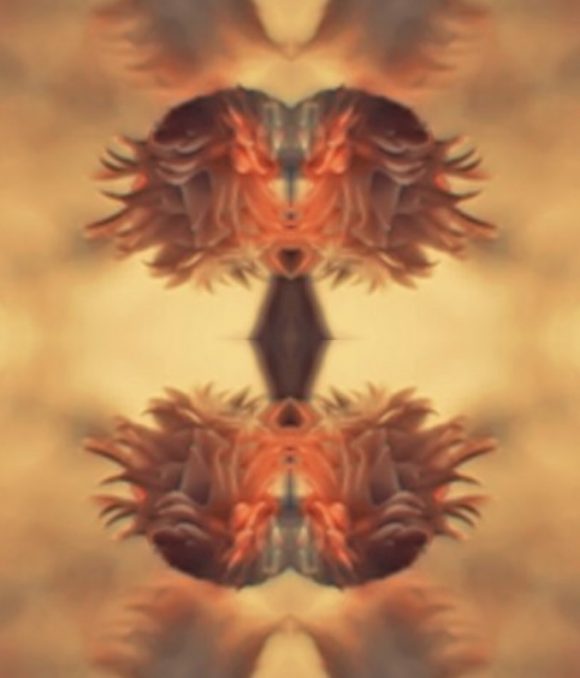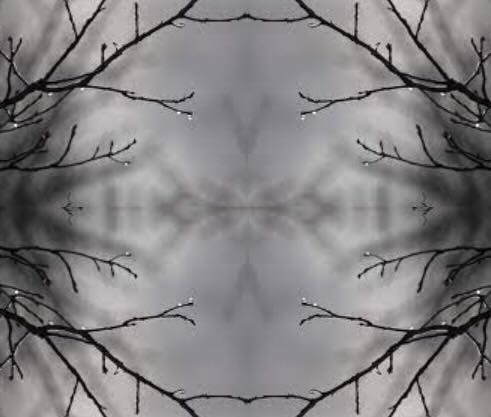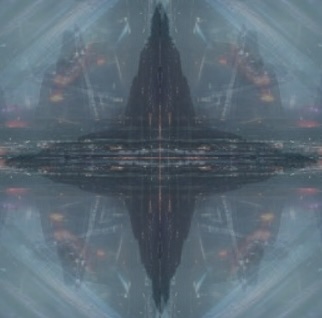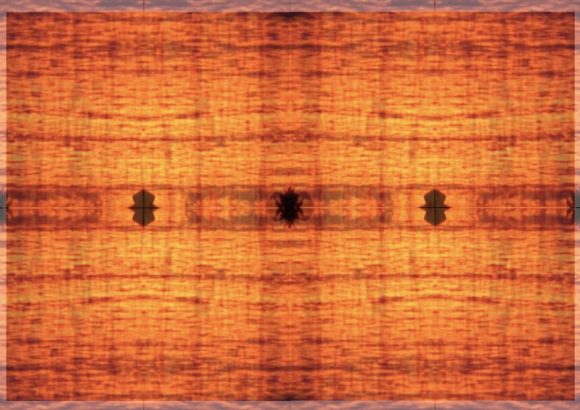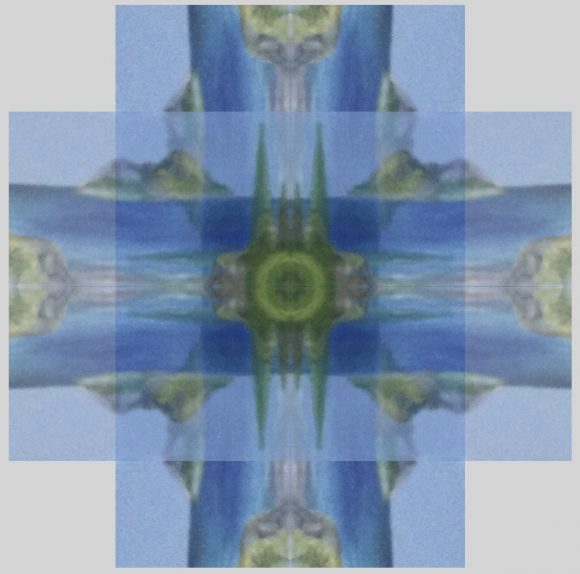
I have quoted from Bernard Williams’ Shame & Necessity before, and drawn on his notion of “supernatural necessity”. To recap: the “supernatural” here is just a label to catch on to something that was operative, according to Williams, in ancient Greek notions of fate and necessity; but the label itself is not really meant to be informative: there is nothing interesting to draw from it about...

